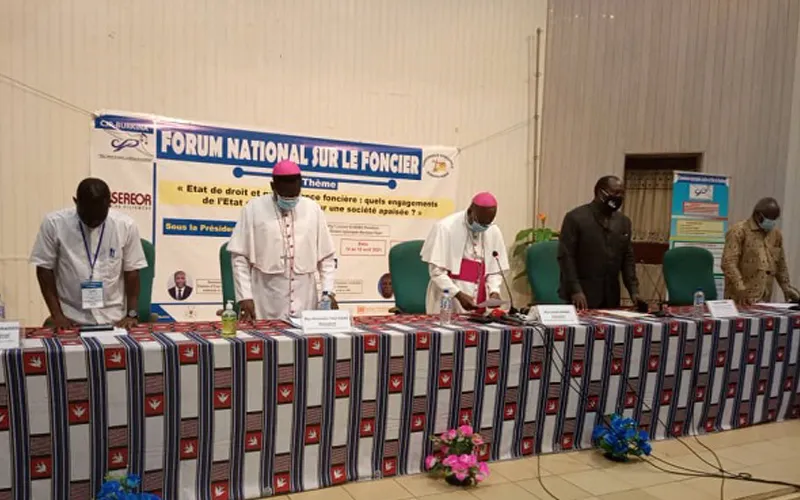Ouagadougou, 20 April, 2021 / 3:11 pm (ACI Africa).
Catholic Bishops in Burkina Faso have called on the government of the West African nation to revise and translate the country’s land laws into native languages and local dialects.
In a statement circulated Monday, April 19, the Bishops say that the revision is necessary as it will help the people of God at the grassroots to understand the law, hence enabling their participation in land management issues.
In the statement authored by officials of the Episcopal Commission for Justice and Peace of Burkina Faso (CJP-Burkina), the Catholic Bishops “recommend that the Government ensures better involvement of the population at the grassroots level in land management, in particular by revising the texts, translating them into local languages.”
The Catholic Church leaders add that the government of the West African nation should also be involved in “training, information and awareness-raising activities designed to ensure that they (land laws) are understood by the population.”
In the statement issued after their two-day National Forum on Land Governance and Social Cohesion, the Bishops that say their recommendation is informed by “the technicality of the land laws and legal language, the fact that no one is supposed to ignore the law (and) the importance of land resources for the population.”








